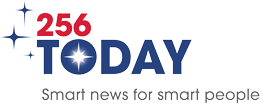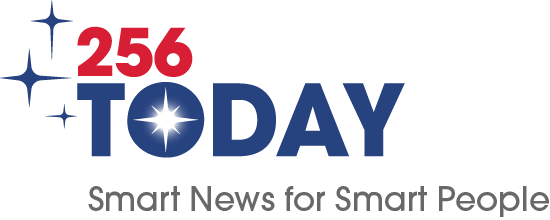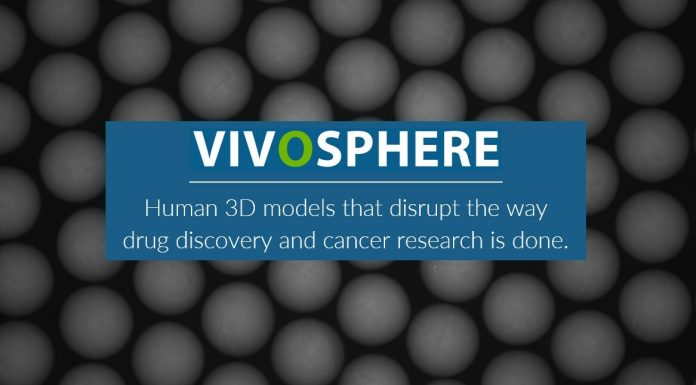AUBURN — VivoSphere, a biomedical engineering start-up founded by two Auburn University chemical engineering researchers that created a precise, cost-effective test bed for high-throughput, pre-clinical evaluation of critical cancer therapy candidates, has been selected as one of the most promising new ventures in the bio-diagnostics industry.
The New Venture Accelerator company was nominated for the Ignite Award Society for Laboratory Automation and Screening (SLAS) International Conference and Exhibition SLAS2024 on Feb. 3-6 in Boston, Mass. VivoSphere co-founders Elizabeth Lipke and Yuan Tian, will be in attendance to meet with potential customers, partners and investors from around the world who are expected to be in attendance.
The SLAS is an international professional society of academic, industry and government researchers, developers and providers of laboratory automation technology and tools that helps drive innovation through international conferences and symposia, scientific publishing and opportunities for continuing education, collaboration, and career advancement.
VivoSphere was born out of a 2021 National Science Foundation-awarded project, “I-Corps: Spheroidal engineered tissues for more efficient drug discovery,” for which Lipke, George E. & Dorothy Stafford Uthlaut Endowed Professor in Chemical Engineering at Auburn’s Samuel Ginn College of Engineering, served as principal investigator and advisor to co-author Tian, who serves as a post-doctoral researcher in chemical engineering at Auburn.
“We are honored to be nominated for the prestigious Ignite Award and thankful for the extraordinary opportunity it offers us to exhibit on the Innovation AveNEW showcase at SLAS next month,” said Tian. “The visibility and industry exposure our young company will get as a result of this featured position will go a long way in support of our efforts to progress our patented technology into market trials.”
VivoSphere is addressing the need for more physiologically relevant drug screening models able to perform accurate, cost-effective testing of promising pharmaceutical candidates that also meet the high-throughput requirements drug companies face in bringing lifesaving therapeutics to market. The company’s unique 3-dimentional hydrogel scaffold-based tissues provide a robust platform for assessing the efficacy of drug candidates while also identifying any toxicities these potential treatments might generate.
Importantly, the vivospheres at the heart of the new platform are tissues that have been designed to enable pharmaceutical companies to use the same equipment and assays they currently use for traditional 2D and 3D tissue test beds, speeding their adoption and deployment. The company recently won first place and $25,000 in Alabama Launchpad’s Cycle 2 concept stage finals.
“Given that 90 percent of drugs that go into the clinical stage fail, the ability to identify those that might work vs. those that don’t or that carry debilitating toxic side effects offers a critical benefit to the developers of those drugs and to society as a whole,” said Lipke. “Cancer cells don’t grow in isolation from the environments they infiltrate. Tumors exist within complex 3D environments, interacting with neighboring cells and their surroundings.
“Our tissues do a much better job of replicating these conditions in humans by creating miniature versions of those human tissues, allowing researchers to study the intricate interactions between cancer cells, normal cells and the extracellular matrix. This level of detail is impossible to achieve with 2D cultures or current iterations of 3D testing models.”
Don’t miss out! Subscribe to our email newsletter to have all our smart stories delivered to your inbox.



